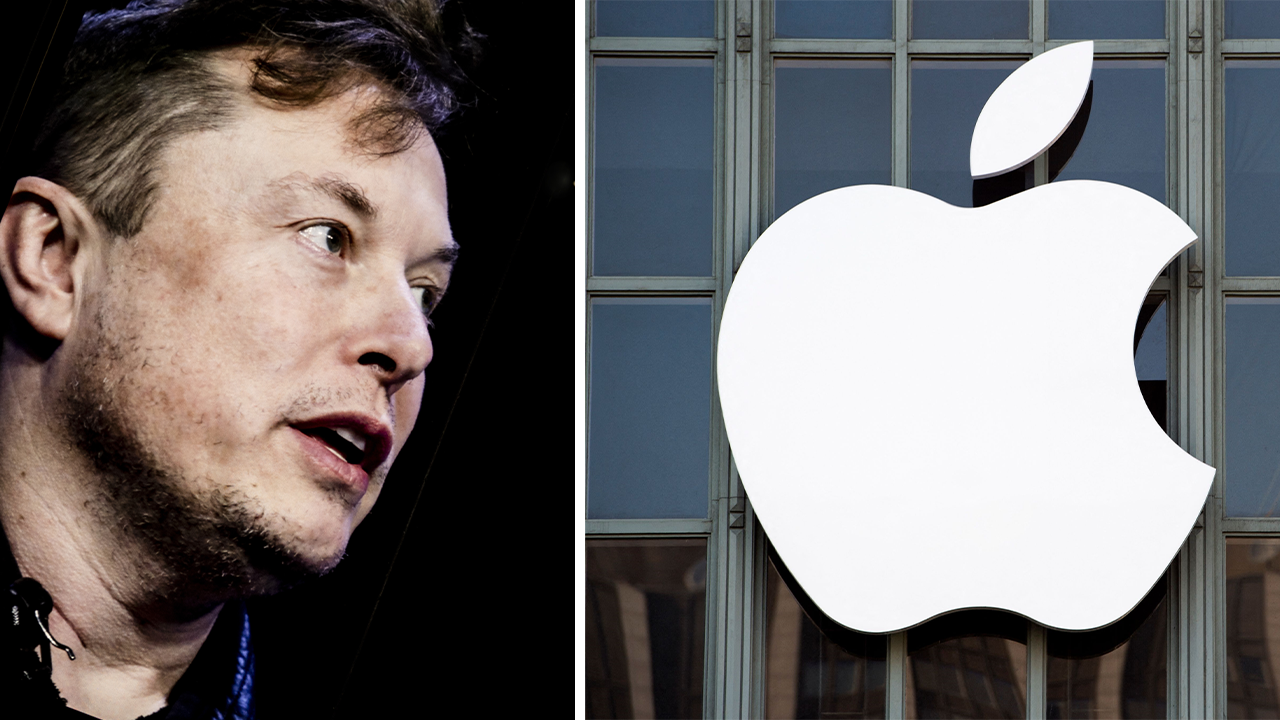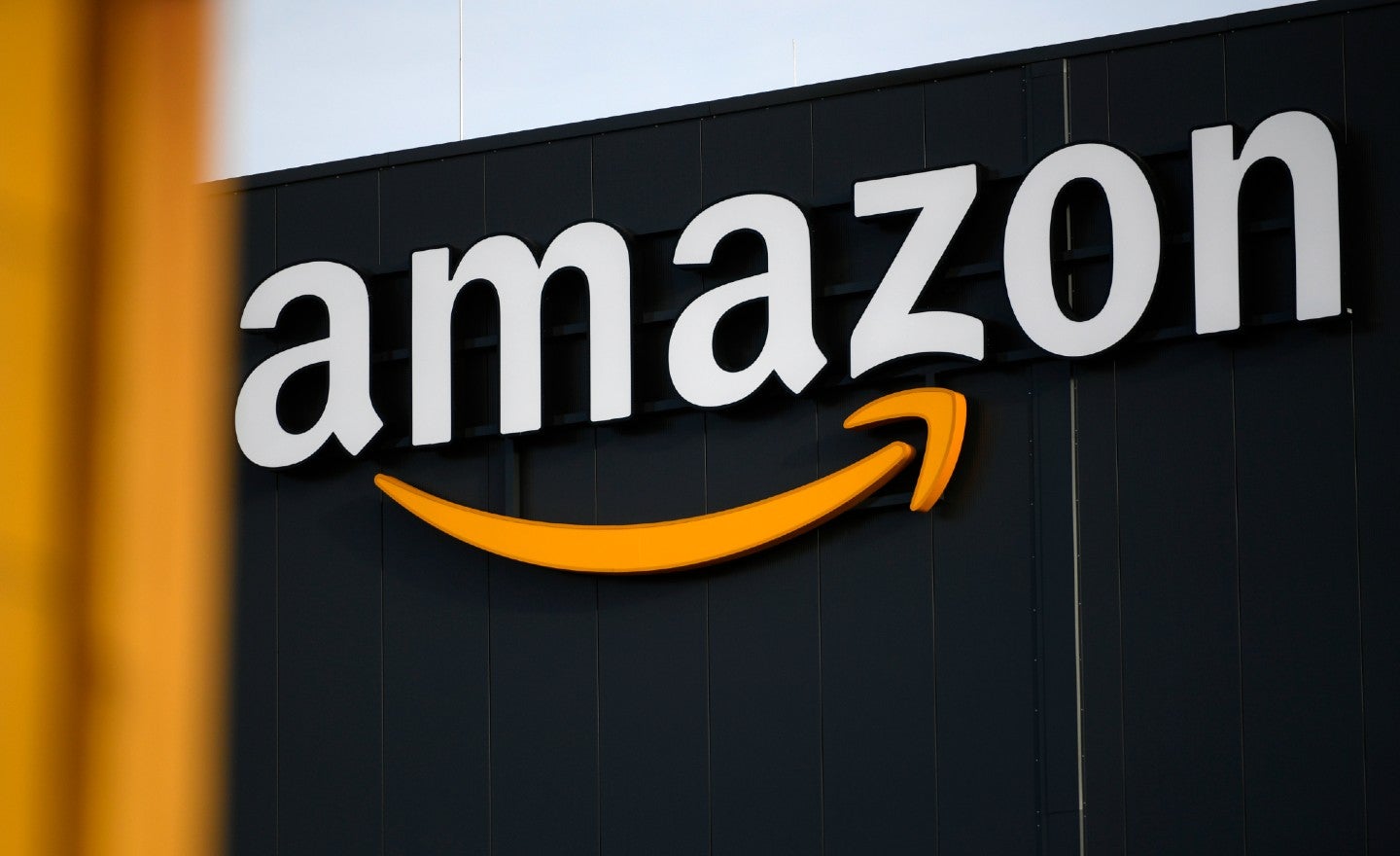Apple’s dominance over the App Store has been challenged many times, but rarely by someone with the cultural, financial, and media weight of Elon Musk. This time, the flashpoint isn’t payment policies or developer restrictions—it’s artificial intelligence. Specifically, it’s ChatGPT.
The Tesla, SpaceX, and X (formerly Twitter) CEO has threatened “legal action” if Apple doesn’t remove ChatGPT from its App Store rankings, claiming the current placement is anti-competitive and manipulates visibility in favor of OpenAI’s app. While Musk’s criticism of Apple isn’t new, the escalation to a potential legal battle over AI apps has sparked speculation about the broader implications for the industry.
The Roots of the Dispute
At the center of the controversy is Apple’s App Store algorithm, which determines search results and featured app placements. Developers have long complained about how certain apps, particularly those from tech giants or Apple partners, get preferential positioning.
According to Musk, OpenAI’s ChatGPT is enjoying “artificially boosted” placement, often appearing at the very top of search results for queries related to AI—even when other apps might have higher ratings or comparable downloads. Musk argues that this harms competition, limits consumer choice, and cements OpenAI’s position as the default consumer-facing AI.
Musk, who has a competing AI venture in xAI, stands to benefit if Apple’s rankings were altered or if ChatGPT lost prime App Store real estate. His company’s chatbot, Grok, is integrated into X and is aiming for wider app store distribution later this year.
Apple’s AI Dilemma
For Apple, the problem is delicate. The company is investing heavily in AI—though it remains cautious about positioning itself directly in the generative AI arms race. Apple’s WWDC announcements earlier this year hinted at AI integration in Siri and across its ecosystem, but without a flagship AI chatbot of its own, the company faces the optics of “picking winners” by elevating certain third-party AI tools.
Any perception of favoritism could become a legal liability, especially as global regulators scrutinize app store practices. The European Union’s Digital Markets Act (DMA) already pressures Apple to treat third-party apps more fairly, and US antitrust investigations remain ongoing.
Musk’s Legal Leverage
If Musk proceeds with legal action, he could target Apple under multiple theories:
- Antitrust Violation: Arguing that Apple’s search ranking system unfairly promotes one competitor in a way that damages market fairness.
- Unfair Competition: Claiming that Apple’s visibility bias effectively shuts out smaller players or newcomers.
- App Store Monopoly Abuse: Leaning on arguments already explored in the Epic Games vs. Apple case.
While Musk is known for issuing high-profile threats that don’t always materialize, his legal team has successfully used aggressive tactics in the past to force negotiations or concessions.
The Bigger Picture: AI Platform Wars
The clash isn’t just about rankings—it’s about control over the distribution channels for AI technology. The App Store, with its global reach and tightly controlled ecosystem, is one of the most powerful gateways for software discovery in the world. If Musk can challenge Apple’s gatekeeping in AI, it could open the door for a flood of new entrants and weaken OpenAI’s dominance.
In the background, other tech players are watching closely. Google, which owns Android’s Play Store, has its own balancing act in promoting its Gemini AI while keeping competition alive. Microsoft, a major OpenAI investor, has skin in the game too, given its deep integration of ChatGPT into Bing and Windows.
What Happens Next
Apple has not yet responded publicly to Musk’s threat. Industry insiders believe the company will either quietly adjust its App Store algorithm to avoid direct confrontation or take a hardline stance to protect its editorial discretion. Musk’s next move—whether a lawsuit, regulatory complaint, or public campaign—will dictate how heated this standoff becomes.
If the dispute escalates, it could become the most high-profile tech rivalry since Apple vs. Epic, but with AI at the center instead of gaming. And unlike past fights, the outcome could shape not only app store rules but also how billions of users access and interact with AI in their daily lives.
For now, one thing is certain: the AI wars are no longer just about building the smartest models—they’re about who controls the front door.














